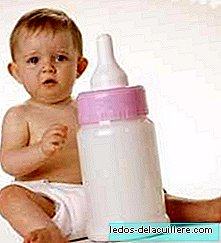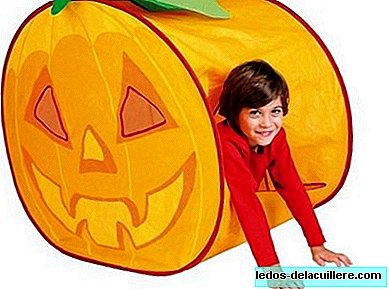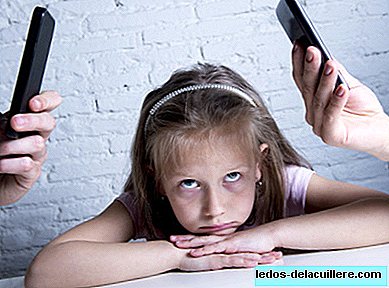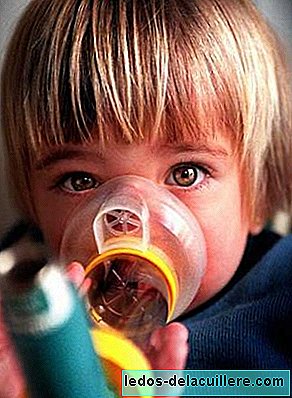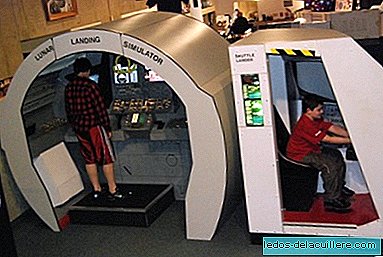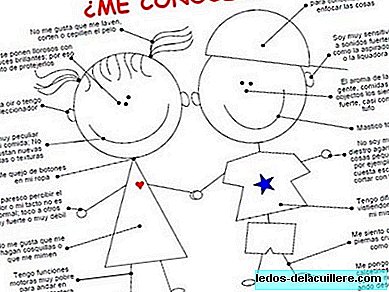
There are children who do not perceive the world around them as others do. They are children who suffer from sensory processing disorder, a problem of sensory integration that prevents them from properly interpreting and organizing the information captured by the body's sensory organs.
'I am a sensational child' is the slogan of the campaign to raise awareness about the existence of this disorder in children. It is a little known disorder (for me it is a novelty), therefore there are many children who suffer from it that are not treated properly.
The child who suffers from a sensory processing disorder (TPS), also called sensory integration dysfunction (DIS), is a child who has exaggerated emotional reactions, does not support changes in his daily routine, has behavioral and learning problems, is very restless, easily scared, has sleep problems, autonomy in personal care and to make friends.
Some symptoms can be detected since the child is very young, although they are very confusing, such as irritability, problems regulating sleep, excessive crying, fairly common signs in young children. Between 2 and 4 years of age, a TPS may be suspected if, in addition to the above, it has problems handling small objects, pedaling, dressing or climbing.
In addition to the symptoms you see in the drawing above, you may suspect that the child has abnormal sensory processing if:
- You cannot normally carry out daily activities such as personal hygiene, food, play, homework.
- He cries a lot, is considered irritable.
- Sleep poorly: you have trouble falling asleep or staying asleep.
- Eat badly: reject textures, flavors, smells.
- Rejects certain hygiene care: washing the head, cleaning ears, cutting hair, brushing teeth, cutting nails.
- Shows strong preferences for certain clothing, shoes bother him, complains about wrinkles in socks, refuses to wear a hat.
- Refuse to touch certain materials such as sand, finger paint and modeling clay.
- He doesn't seem to realize he's dirty and touches everything.
- He likes spinning games, swings and amusement parks too much. It never seems to get dizzy.
- Avoid all kinds of sudden movement, stay out of swings and amusement parks.
- It seems softer than other children; if we take it to lift it, we feel it as a dead weight.
- Tires quickly in physical activities.
- He seems more clumsy than children his age.
- He has low self-esteem and has few friends.



